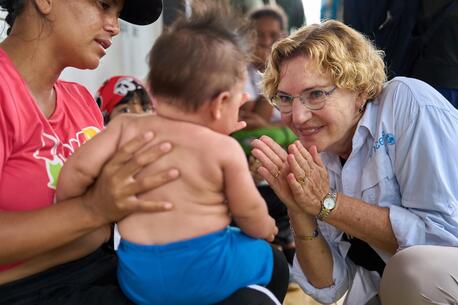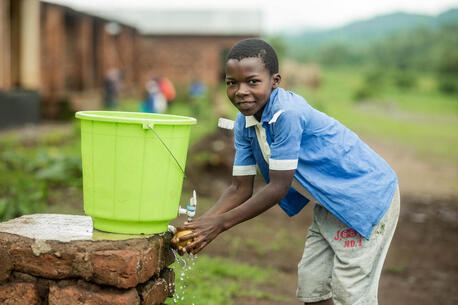
UNICEF in Malawi
Children in Malawi face the dual threats of deadly infectious disease and chronic food insecurity, amplified by increasingly frequent weather disasters. Learn how UNICEF is battling these problems, bringing improved health care, nutrition and sanitation to those at greatest risk.
Overlapping humanitarian concerns threaten children in Malawi
Climate change brings increasingly severe weather shocks to Malawi, aggravating endemic problems of disease, food insecurity and poverty and leaving millions in need of humanitarian assistance.
The El Niño cycle has worsened drought conditions in much of the country, while also causing severe flooding in some areas. Both have adversely affected growing seasons and added to problems of food security in a country where more than 20 percent of the population already required food assistance.
Weather disasters like Tropical Cyclone Freddy in March 2023, which caused catastrophic flooding in the south and severely disrupted the power grid and water supply, have greatly facilitated the spread of disease, including the worst cholera outbreak the country has experienced in decades.
Continuing outbreaks of polio and measles — and a relatively high HIV prevalence — are additional dangers to Malawi's children.
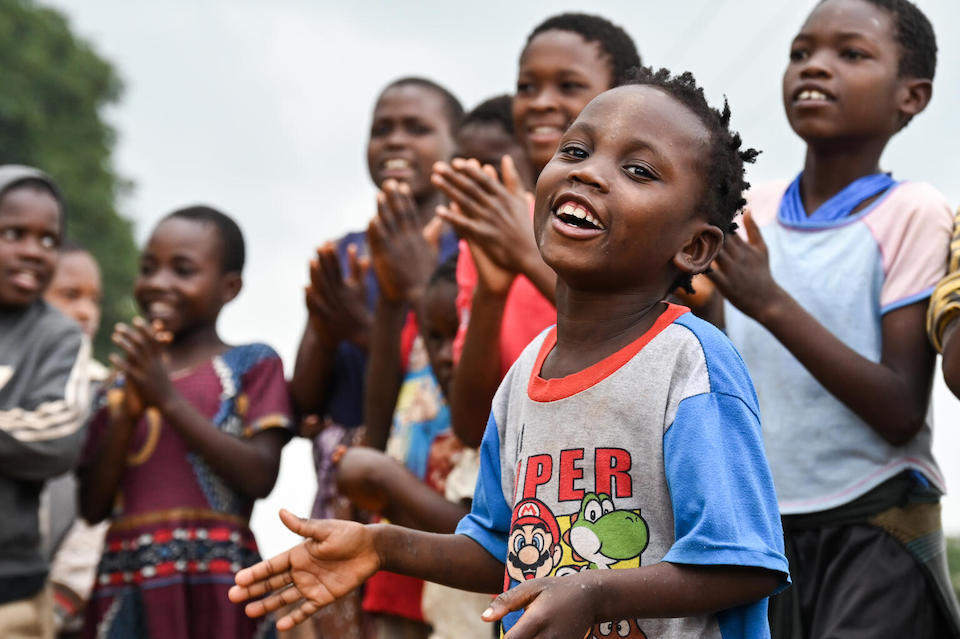
Poverty undermines the health and safety of Malawi's children
As a land-locked nation largely dependent on subsistence agriculture heavily impacted by climate change and adverse weather events, Malawi has been exceptionally vulnerable to entrenched, intractable poverty. Central control of economic policy, removed from the day-to-day concerns of often-isolated rural populations, has complicated efforts to grow the economy and break the cycle.
Inadequate monetary and foreign exchange reserves made the country especially susceptible to the economic turmoil wrought by the COVID-19 pandemic and the invasion of Ukraine; supply disruptions caused by those events exacerbated existing problems of inflation and commodity shortages.
Poverty greatly limits the ability of families and children in Malawi to access adequate health care and basic education. Deep-rooted cultural norms of violence and abuse of children — of girls in particular-— also slows efforts toward progress in the well-being of Malawi's youth and general population.
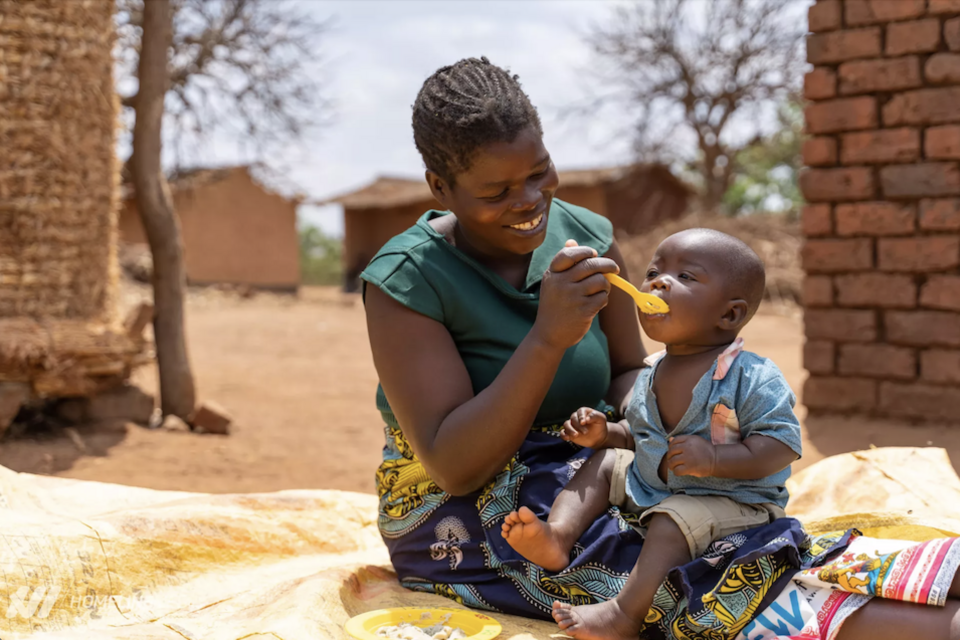
How UNICEF is helping children in Malawi
Cash transfers: UNICEF works with domestic and foreign governments and NGOs to tackle the problem of poverty in Malawi with shock-responsive direct cash payments through its Social Cash Transfer Program. Upgrading this system from physical cash to e-payment transfers has greatly improved its efficiency and effectiveness, and mitigated problems of theft and abuse.
Nutrition support: Through a variety of programs and platforms, UNICEF has worked to identify and intervene in cases of severe acute malnutrition (SAM), successfully addressing this problem in the large majority of Malawi's at-risk children. It has further worked at capacity-building through training of health care professionals and caregivers in the treatment of SAM and optimal feeding practices, particularly in regions hard-hit by Cyclone Freddy and cholera.
Immunization: UNICEF continues to address the problem of infectious disease — cholera, polio and HIV/AIDS in particular — with a multi-sectoral approach that includes monitoring, vaccination, improvements in water, sanitation and hygiene (WASH), medicinal treatment and mitigation of spread.
Strong intervention has greatly reduced the prevalence of cholera infection since the major outbreak of 2022-2023, but concerns remain that cases could spike again during winter rainy months and if and when there is more flooding. In concert with the World Health Organization and other partners, UNICEF has worked to improve detection and rapid response when and where outbreaks occur, efforts that also help mitigate cross-border transmission from Mozambique.
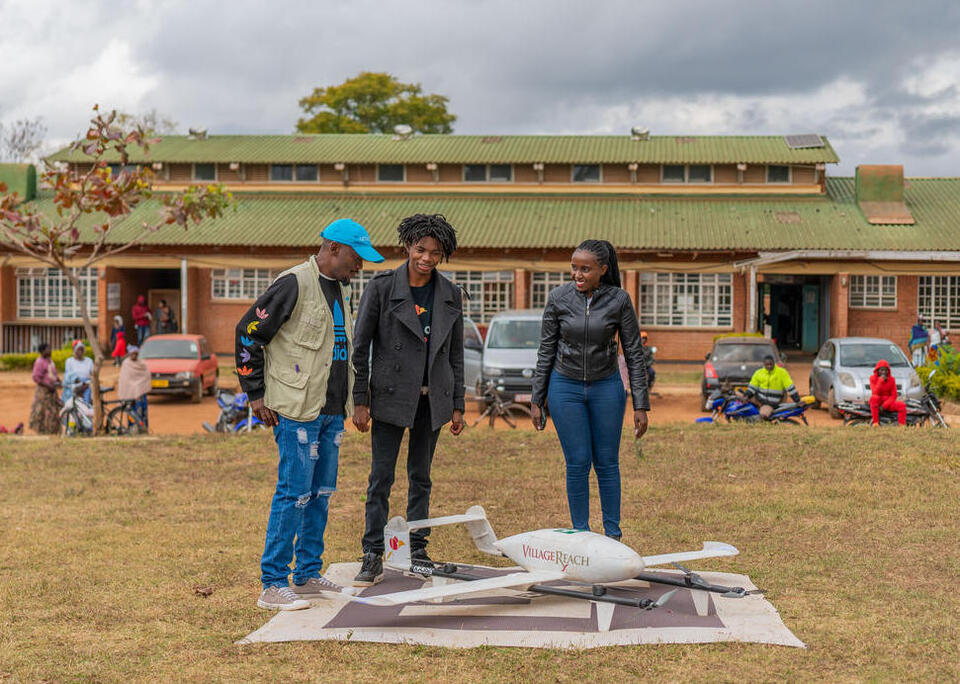
Working closely with partner agencies and local community leaders, UNICEF has expanded programs for childhood polio vaccination alongside extensive efforts to administer vaccines for cholera, measles, typhoid and COVID-19.
Prevalence of HIV/AIDS infection is a long-standing crisis in Malawi. Poverty, cultural obstacles and uneven access to health care and treatment have contributed to persistent high rates of infection, particularly among children, who are often infected in the womb through their mothers. UNICEF supports community-supported HIV/AIDS education, screening, mental health care and drug treatment.
Water, sanitation and hygiene (WASH): Access to water and sanitation services in Malawi is among the lowest in sub-Saharan Africa. Great progress has been made since the recent major cholera outbreak in bringing WASH facilities to Malawi's most vulnerable populations.
Remediation and disinfection of water boreholes, household-level water treatment, distribution of supplies and monitoring of water quality have all helped — bringing clean water, improving hygiene and decreasing the spread of disease to many of Malawi's most at-risk communities and children.
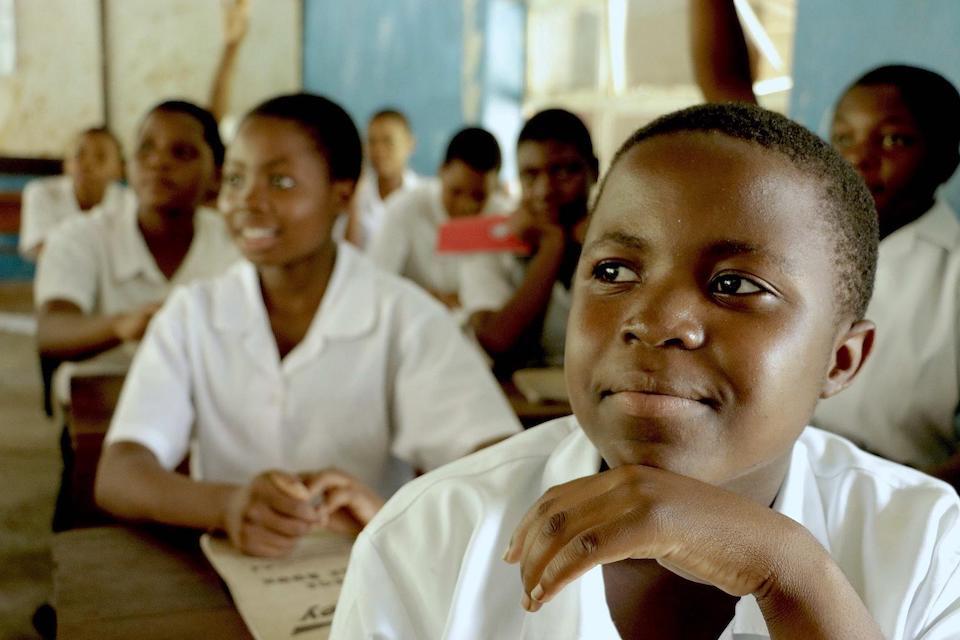
Supporting children's education in Malawi: The Kids in Need of Desks (K.I.N.D.) Fund
The K.I.N.D. Fund, a partnership between UNICEF and MSNBC cable host Lawrence O'Donnell, has greatly expanded educational opportunities for Malawi's schoolchildren by offering merit-based high school scholarships for girls, and providing desks for students at schools lacking adequate facilities.
From its inception in 2010 through 2023, K.I.N.D. delivered more than 330,000 desks to schools across the country, benefiting over 1.1 million students, and provided high school scholarships to more than 27,000 teenage girls.
Girls in Malawi face special challenges, often born of deep-seated cultural traditions of gender-based violence (GBV) and abuse. UNICEF is working with networks of community leaders to change social norms, keeping girls in school and preventing child marriage, while also protecting girls from abuse and making them aware of their rights and options for legal redress in cases of GBV.
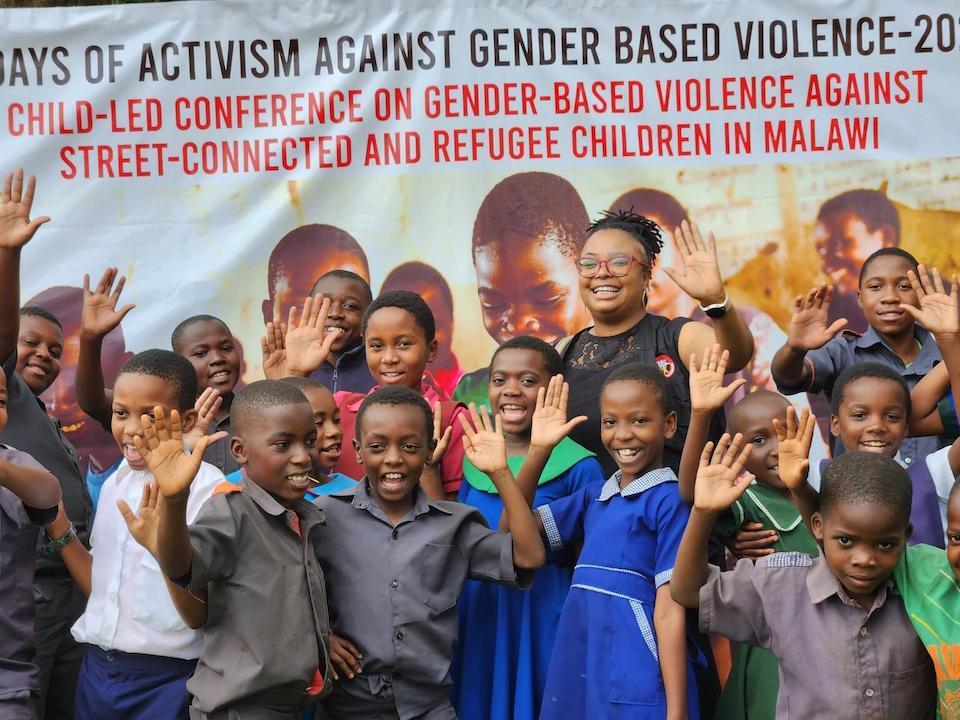
Learn more about what UNICEF does to help vulnerable children and families around the world.
Support UNICEF. Donate today.



